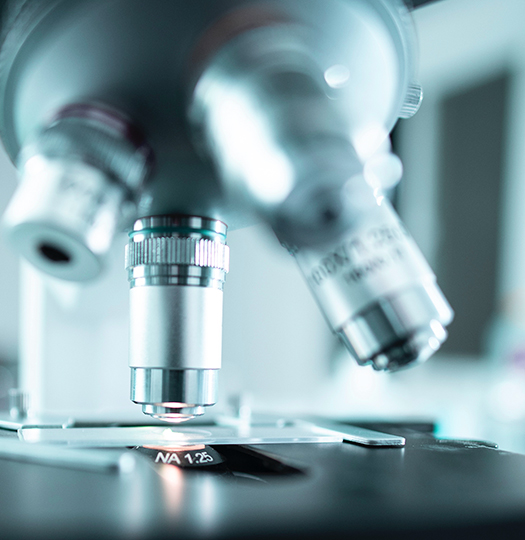Genetically Altered Göttingen Minipigs

Genetically Altered Göttingen Minipigs
In recent years, the number of genetically altered Göttingen Minipigs has increased, as advanced genetic techniques simplify the generation of animals with precisely tailored modifications.
These modifications are designed to replicate genetic alterations responsible for human disease. As such, genetically altered Göttingen Minipigs are valuable large animal disease models, and in addition, also considered promising donors for xenotransplantation.
Humanized Göttingen Minipigs
Humanized IgG1/4 Göttingen Minipigs show tolerance to a broad range of human or humanized antibodies and provide a novel model for toxicological testing of therapeutic antibodies.
The humanized IgG1/4 Göttingen Minipigs, a genetically altered Göttingen Minipigs strain carrying a mini repertoire of human genes for the immunoglobulin heavy chains γ1 and γ4 and the immunoglobulin light chain κ, are now available at Ellegaard Göttingen Minipigs.
If you are interesting in this genetically altered minipig model, please contact Peter Vestbjerg, Head of International Sales: pve@minipigs.dk

Learn more about IgG Humanized Göttingen Minipigs
- Paper: A humanized minipig model for the toxicological testing of therapeutic recombinant antibodies
- Webinar recording: A humanized minipig model for the toxicological testing of therapeutic recombinant antibodies
- Whitepaper: IgG Humanized Göttingen Minipigs
- More information about availability
- Browse available background data

Göttingen Micropigs
Through genetic alteration, the inactivation of the Growth Hormone Receptor (GHR) gene has resulted in the development of a novel porcine strain: Göttingen Micropigs. Through targeted genetic intervention, researchers have achieved growth reduction, resulting in the establishment of a distinct breed characterized by a substantial deceleration in postnatal growth.
In addition to the observed changes in GH and IGF1 levels, Göttingen Micropigs are expected to have other distinctive physiological features, as seen in humans with Laron Syndrome. Based on previous research of GHR KO on German Landrace background, no deleterious effects on the cardiovascular, immune system, or metabolism are indicated, and the genetic modification of GHR and resulting altered growth patterns is not expected to cause general health implications. The Göttingen Micropigs will be fully immunocompetent and have the same health status as the Göttingen Minipigs bred and housed at Ellegaard Göttingen Minipigs A/S.
Göttingen Micropigs are expected to become commercially available in 2025.


At Ellegaard Göttingen Minipigs we offer the opportunity to use Göttingen Minipigs as background strain for the creation of genetically altered minipigs based on:
- a case-by-case assessment
- approval of your specified project plan
- a description of the specific sequence of the targeting construct
Furthermore, we offer contract breeding of genetically altered Göttingen Minipigs in our AAALAC accredited state-of-the-art Research Facility.
The Importance of Göttingen Minipigs in Biomedical Research

Did you know...
Genetically altered Göttingen Minipigs models are highly relevant within:
- Neurodegenerative diseases
- Cardiovascular diseases
- Eye diseases
- Bone diseases
- Cancers and epidermal skin diseases
- Inherited metabolic diseases
- Diabetes mellitus
- Cystic fibrosis

Genetically altered Göttingen Minipigs
Download information about genetically altered Göttingen Minipigs for biomedical research.
Contact us
Please contact us if you are interested in further information about genetically altered Göttingen Minipigs.

